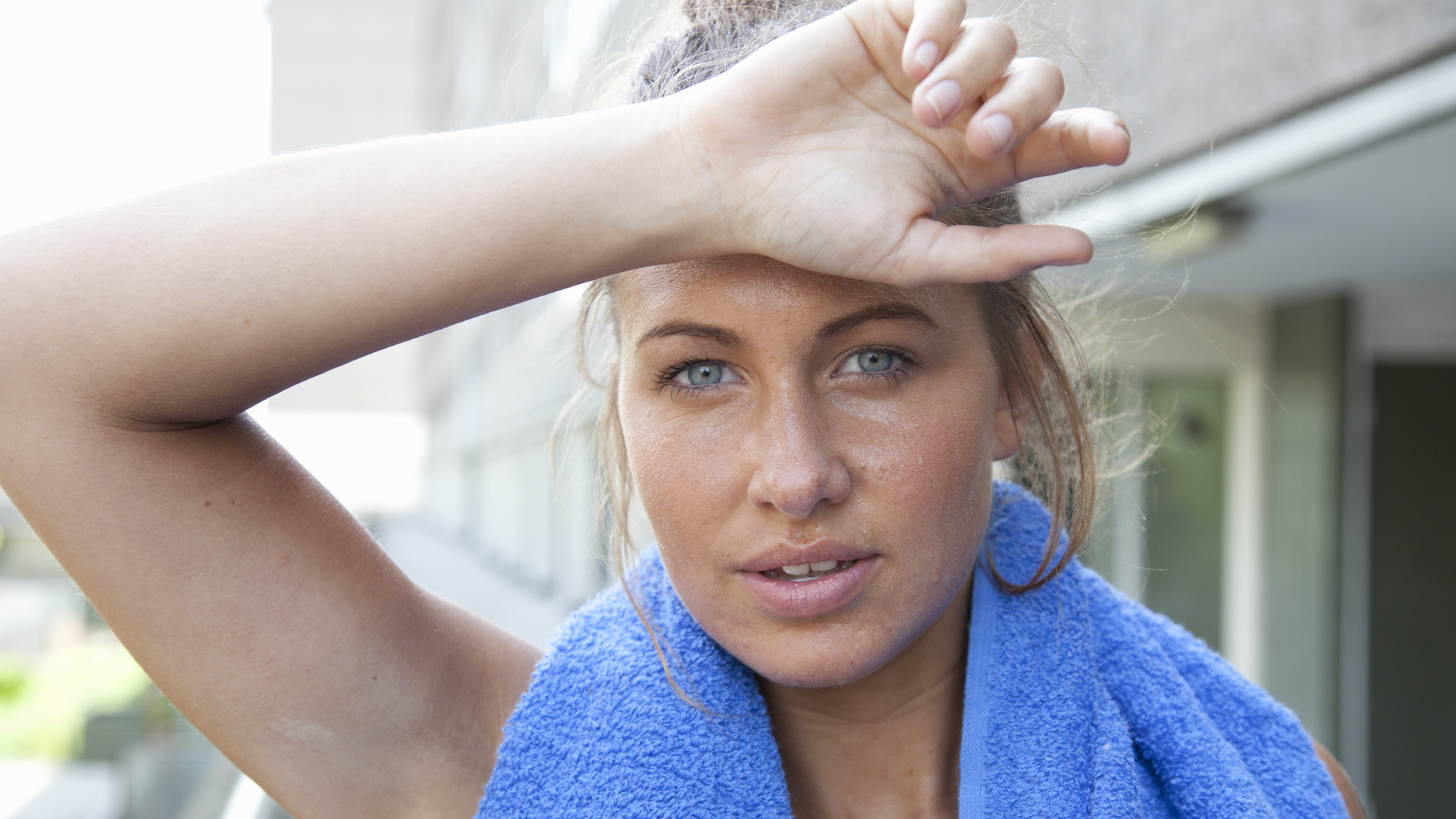Sauna blanket benefits
We've looked at the science behind the sauna blanket benefits


Sauna blankets benefits are becoming a hot topic. This wellness trend is a hit with celebrities like Gwyneth Paltrow and Lady Gaga but you’d be forgiven if you’re wondering whether these blankets even work, and what they really do for your body. You may be looking to replicate the sauna experience at home after trying a sauna at the gym or visiting a spa.
If you’ve ever tried an infrared light sauna, sauna blankets use the same technology in a more portable form. Light can have a huge effect on your well-being, which is why many people invest in one of the best SAD lamps to improve their mood during the winter months.
Athletes often use saunas to help reduce muscle pain and aid recovery time, and others use them for soothing the mind and helping burn calories. Manufacturers claim that sauna blankets can boost immunity, aid sleep, reduce inflammation and leave you with glowing skin. But does science back up these claims?
What are sauna blankets?
Sauna blankets use infrared rays to heat the body directly. Instead of sitting in a physical sauna, you slip into a sleeping bag and heat up. So while the blanket will be warm on the inside, it won’t be hot to touch on the outside.
There are a few different infrared sauna blankets on the market; they all generally offer a range of heat settings so you can ease into higher temperatures. If you are new to the sauna experience, you can start on a lower heat setting and work your way up.
Many sauna blanket models have a maximum temperature of around 160 degrees Fahrenheit, which isn’t as hot as a traditional sauna gets. But this means that you may find it more comfortable to spend more time in the blanket and reap the benefits for longer.
Do sauna blankets help with weight loss?
Sauna blankets will undoubtedly make you sweat, meaning you will leave each session lighter from losing water weight. Manufacturers claim that you can burn up to 600 calories in a sauna blanket session, but what does the research say?
Start your week with achievable workout ideas, health tips and wellbeing advice in your inbox.
Because sauna blankets are a relatively new invention, long-term studies have not been conducted, although there is research into traditional saunas and their benefits. For example, we know that saunas cause your core temperature to increase, raising your heart rate.
One 2017 study found that participants' heart rates stayed elevated for up to 30 minutes following a sauna session, similar to what people experience when performing moderate-intensity cardio. But there’s no evidence to suggest that this will directly lead to weight loss.
The higher temperatures may cause your heart rate to increase, similarly to exercise. But this increase only causes a slightly higher calorie burn than sitting at rest. The sauna blanket may help you burn some extra calories, and you will undoubtedly lose water but don’t count on sauna sessions alone to shed pounds.
What are the benefits of sauna blankets?

Given the new technology, long-term research on the benefits of sauna blankets is not available. However, research into regular sauna use has found some benefits.
A systematic review of studies found that regular sauna bathing has the potential to provide many beneficial health effects, especially for those with cardiovascular-related and rheumatological diseases, as well as athletes seeking improved exercise performance. However, the review notes that there is insufficient evidence to recommend specific types of sauna bathing for specific clinical conditions.
Some studied effects of traditional sauna use include:
- Heart health benefits: One study found that increased frequency of sauna bathing is associated with a reduced risk of sudden cardiac death (SCD), fatal coronary heart disease (CHD), deadly cardiovascular disease (CVD), and all-cause mortality. Although researchers noted that further studies are needed in this area.
- Helps joint pain: Something that is supported by science – albeit by a small study – is that infrared saunas specifically effectively provide relief from joint pain and rheumatoid arthritis.
- Benefits chronic fatigue: Chronic fatigue syndrome is a condition that isn’t well understood, but there is some evidence that infrared saunas and, by extension, sauna blankets may help. Although the study was very small-scale, participants reported improvements in many of the symptoms after four weeks, including fatigue levels and pain.
- Post-exercise recovery: One small study on male athletes also found that using a sauna may help post-workout recovery. The study found that deep penetration of infrared heat appears favorable for the neuromuscular system to recover from maximal endurance performance.
- Detoxification: The liver and kidneys are the primary organs responsible for removing toxins from the body. Sweating during a sauna session may release toxins from the body or skin. A 2012 study found that sweat can help remove arsenic, lead, cadmium, and mercury from the body. Proper hydration is essential for your liver and kidneys, so remember to drink plenty of water to replenish lost fluids after using the sauna.
- Helps to de-stress and improve sleep: There isn’t enough scientific evidence to support that sauna blankets can calm stress on a physiological level. But regular sauna users report using saunas predominantly for relaxation, reporting health benefits, especially around mental well-being and sleep.
If you're after other ways to de-stress and improve your sleep, it's worth learning how to meditate. This helps develop the connection between your mind and body, focus on the present moment, and can protect your mental health too.
Catherine is a freelance journalist writing across titles such as Verywell Health, Healthline, The Daily Telegraph, Refinery29, Elle, and Vogue. She specializes in content covering health, fitness, wellness, and culture.
A once reluctant runner, Catherine has competed in 30 running events in the past five years and looks forward to one day running the London Marathon.
